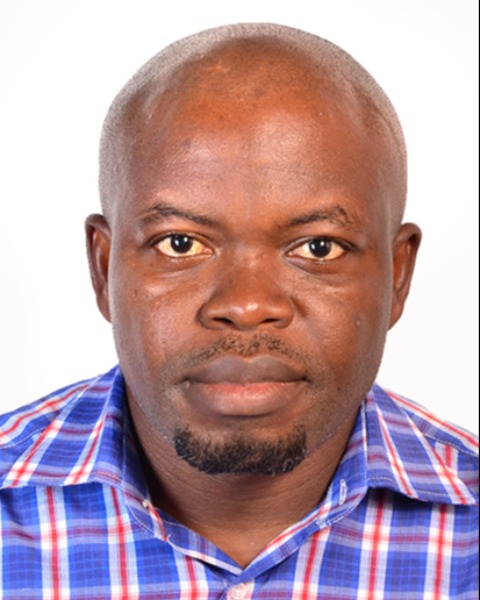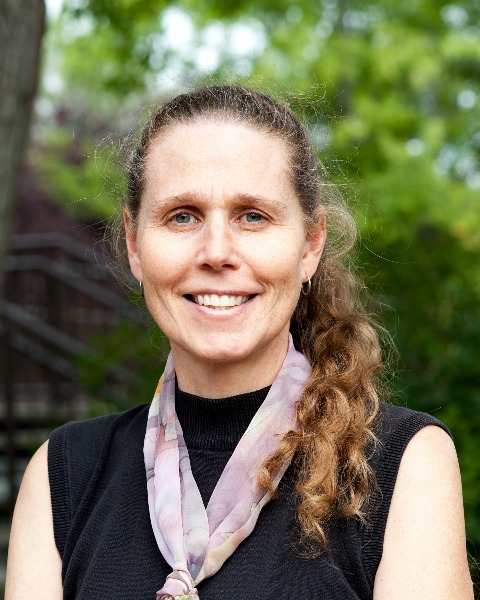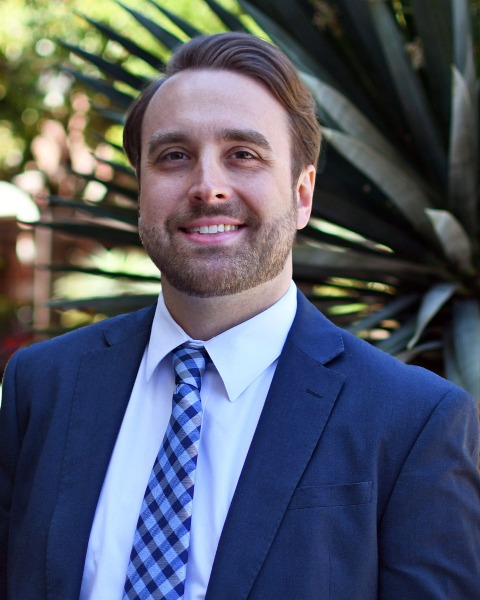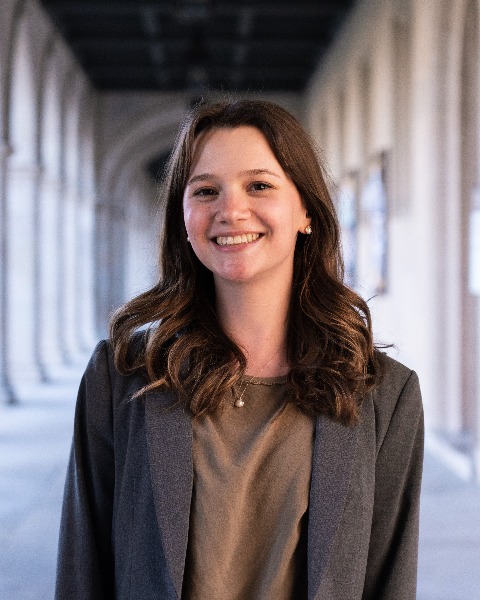Behavioral and Social Sciences
Aging in Sub-Saharan Africa
-
.jpg)
Jennifer Stanley, PhD, FGSA (she/her/hers)
Professor
Psychology
University of Akron
Akron, Ohio, United States -

JohnBosco Chukwuorji, PhD (he/him/his)
Postdoctoral Research Associate
College of Human Medicine
Michigan State University Flint
Flint, Michigan, United States -
.jpg)
Jennifer Stanley, PhD, FGSA (she/her/hers)
Professor
Psychology
University of Akron
Akron, Ohio, United States -

JohnBosco Chukwuorji, PhD (he/him/his)
Postdoctoral Research Associate
College of Human Medicine
Michigan State University Flint
Flint, Michigan, United States -

Michelle Porter, PhD (she/her/hers)
Director
Centre on Aging
University of Manitoba
Winnipeg, Manitoba, Canada -

Shane Burns, PhD, MPH
Postdoctoral Fellow
Population Studies Center
University of Michigan
Ann Arbor, Michigan, United States -

Hannah Silverstein
Research Assistant
Psychology
Washington University in St. Louis, United States -
KM
Kafayat Mahmoud, PhD
Postdoctoral Associate
Center for Innovation in Social Science
Boston University
Boston, Massachusetts, United States
Chair(s)
Co-Chair(s)
Discussant(s)
Individual Symposium Abstract First Author(s)
Aging in sub-Saharan Africa is a relatively neglected area of research despite the increasing proportion of the population aging. This collection of papers highlights how the varied cultures in sub-Saharan Africa shape development in later adulthood and emphasizes the critical need for research on aging to consider the sociocultural context. First, Chukwuorji and colleagues focus on how health behaviors and self-esteem explain the association between social support and successful aging among Nigerian retirees. Second, Porter and colleagues present a collaboration between scientists and older adults in knowledge generation. They find that access to both social and physical environmental elements are necessary to promote physical activity in their communities. Third, Burns and colleagues explore how place and gender interact when examining disability prevalence among older adults in Ghana. Fourth, Silverstein and colleagues report that culture and religion play an important role in shaping how palliative care is perceived. For example, a cultural norm for medical secrecy and a hesitancy to talk about death present unique barriers for palliative care. Fifth, in a qualitative study examining how older chronically ill Nigerians cope with their diagnosis, Mahmoud and colleagues report that older Nigerians do not want individuals outside their close family circle to know that they are ill. Individuals conceal their illness because they fear discrimination and want to maintain normalcy when interacting with others. All the papers presented in this symposium highlight the importance of considering the sociocultural context to understand the aging experience.
Learning Objectives:
- After attending this session, participants will be able to describe some ways in which culture shapes development among older Africans.
- After attending this session, participants will be able to summarize unique challenges facing older Africans as they age.
Presentations:
-
8:00 AM - 9:30 AM PSTSocial Support, Health Behaviors, Self-Esteem, and Successful Aging in a Sub-Saharan African Sample of Older Adults
Individual Symposium Abstract First Author: JohnBosco C. Chukwuorji, PhD (he/him/his) – Michigan State University Flint
-
8:00 AM - 9:30 AM PSTA Citizen Science Project Engaging Nigerian Older Persons in a Neighborhood Assessment for Physical Activity
Individual Symposium Abstract First Author: Michelle M. Porter, PhD (she/her/hers) – University of Manitoba
-
8:00 AM - 9:30 AM PSTExploring the Intersectionality of Place and Gender Among Older Adults in Ghana
Individual Symposium Abstract First Author: Shane D. Burns, PhD, MPH – University of Michigan
-
8:00 AM - 9:30 AM PSTA Soft Death: Perception and Attitudes Toward Palliative Care in Senegal
Individual Symposium Abstract First Author: Hannah Silverstein – Washington University in St. Louis
-
8:00 AM - 9:30 AM PSTThe Need to Appear Healthy: Concealment of Chronic Illness, Privacy, and Self-Sufficiency Among Older Nigerians
Individual Symposium Abstract First Author: Kafayat Mahmoud, PhD – Boston University
